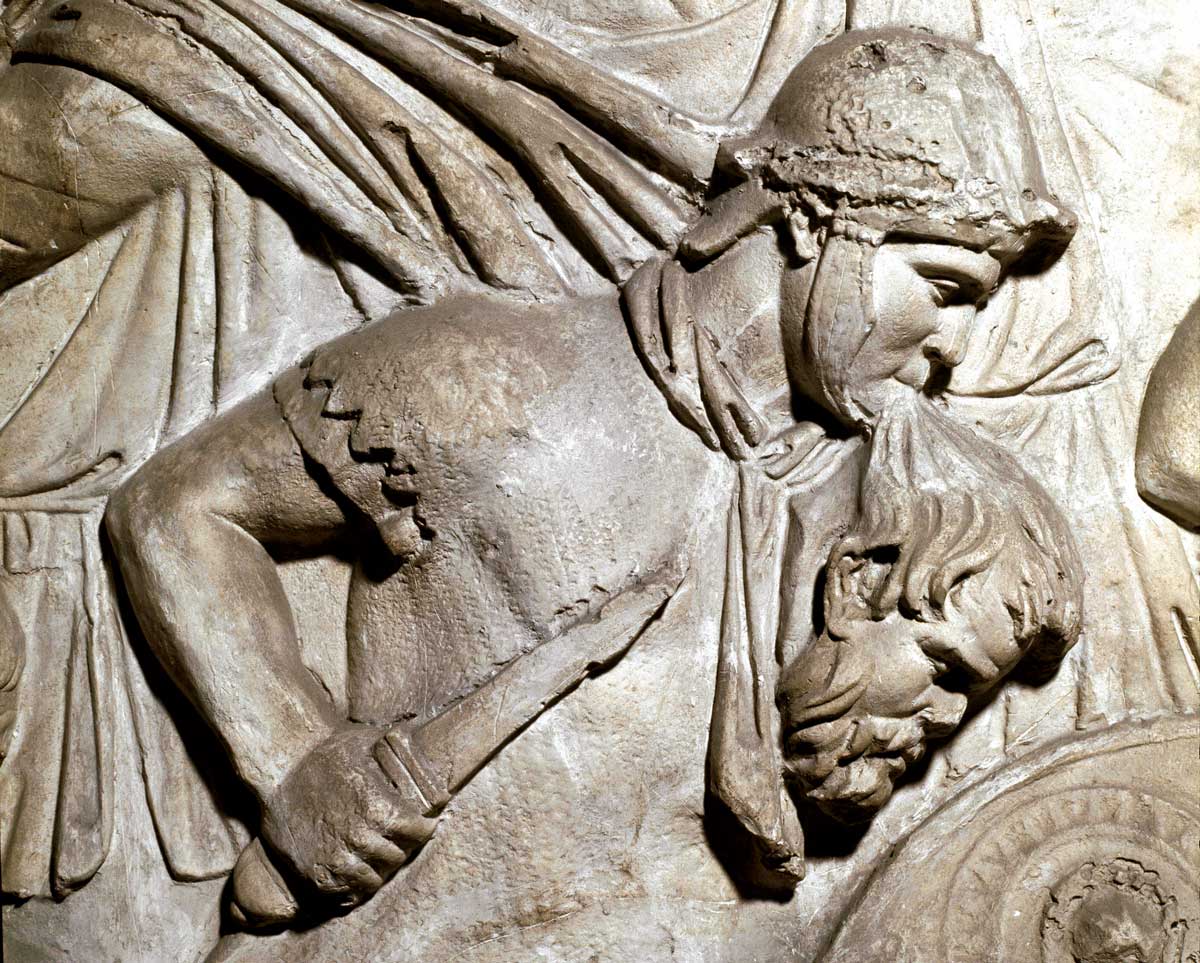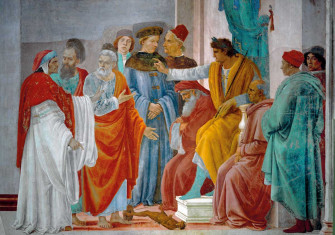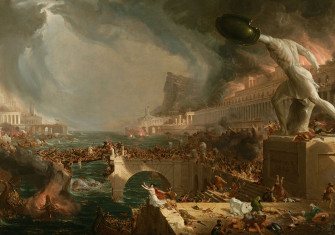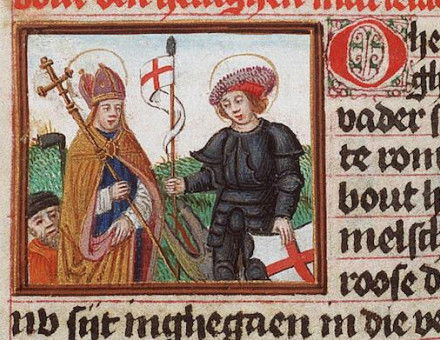The Goths Take Rome
The distinction between centre and periphery was vital to the Roman Empire’s conception of itself. For centuries a rugged frontier, the land north of the Danube would produce one of Rome’s greatest foes.

During a welcome period of Mediterranean peace in AD 8, a swift judgment from Rome’s first emperor sent the Latin poet Ovid into exile: it was a banishment from which antiquity’s exuberant conjurer of classical myth would never return. The circumstances surrounding the scandal remain as murky as they do memorable. A ‘poem and a mistake’, as Ovid later put it, carmen et error, had wheeled his fortunes the wrong direction, with disastrous results for his career and his family.







